People with Disabilities just want to work
I have just finished reading about the BBC’s recent advert which they say is aimed at getting People with Disabilities to train as Weather Presenters. They have been attacked by some in the Equality & Diversity Sector and you can read why here. But hold on a minute, as you read the suggestions as to how they could have done things differently, is it not the case that these ideas don’t work in reality?
So what were the suggestions:
- Put internal measures in place to encourage people with disabilities to join the organisation
- Look at the wording of job descriptions, adverts and how the recruitment process operates
- Promote Inclusion through events
- Sign up to the Two Tick Symbol
I will accept that there is some merit in these suggestions, but equally they mask a truth that recruiters struggle to admit even to themselves – their Unconscious Bias in who they will actually be recruiting. What is not mentioned is the need for a real paradigm shift in workplace cultures if there is going to be meaningful change for People with Disabilities. There are numerous articles about the need for gender inequalities to be addressed such as parity in Boards of Directors, but can anyone point me to any similar approaches to address the fact that more People with Disabilities do not have jobs compared to those without Disabilities?
So What is Unconscious Bias?
I don’t intend to provide a definitive answer as I suspect that if you asked this question in a conference room, you would probably have as many answers as there are delegates.
For my purposes Unconscious Bias is a form of behaviour which affects all decisions that we make with regard to how everyone views People with Disabilities. The CIPD published an article by Shire Professional Chartered Psychologists entitled Unconscious Bias. You can read more about the revealing Psychological background to what really causes Unconscious Bias here. But in case you are in a hurry:-
“These unconscious biases operate below the level of our consciousness such that we continue to see ourselves as fair and unbiased, whilst our subtle behaviours give away our unconscious feelings. We all see bias as vested in others but not in ourselves as this protects our fundamental self perception of being ‘fair’. Implicit and unconscious social biases and our bias ‘blind spot’ in being unable to see ourselves as biased”(Unconscious Bias, Shire Professional Chartered Psychologists, 2010, p2).
Interestingly, this article goes on to explain how a ‘Bias’ leads to ‘Prejudice’, but it would seem that we do this all the time without any deliberate intent on our own part. It would seem that our unconscious brain processes things much faster than our conscious brain, which has to actually use deliberate mental thought processes, which are not hard wired or so dependent upon the neurological pathways. There article is challenging because and this is my opinion, it calls into question some of the extremely poor training that is used to create an homogenised corporate response that some of the critics of the BBC are promulgating. The suggestions that I listed earlier represent my own Unconscious Bias, but if they are the answer, why has the prospects for People with Disabilities finding work remained so poor?
- Avoid demonising bias and preventing others from discussing (but not
just expressing) their biases - Avoid emotive language or confrontational training, the evidence is that
to date this has had no impact on bias and has often just made it worse
How Can We Start to Make a Difference?
You Can:-
- Accept that YOU and everyone else have biases
- Be honest about your biases; try not to simply choose your more socially acceptable biases to discuss and address
- Raise awareness of unconscious bias within the organisation, its impact and what can be done to manage or counter it
- Encourage people to be honest about their biases and to act to manage or control them
Christopher Catt
